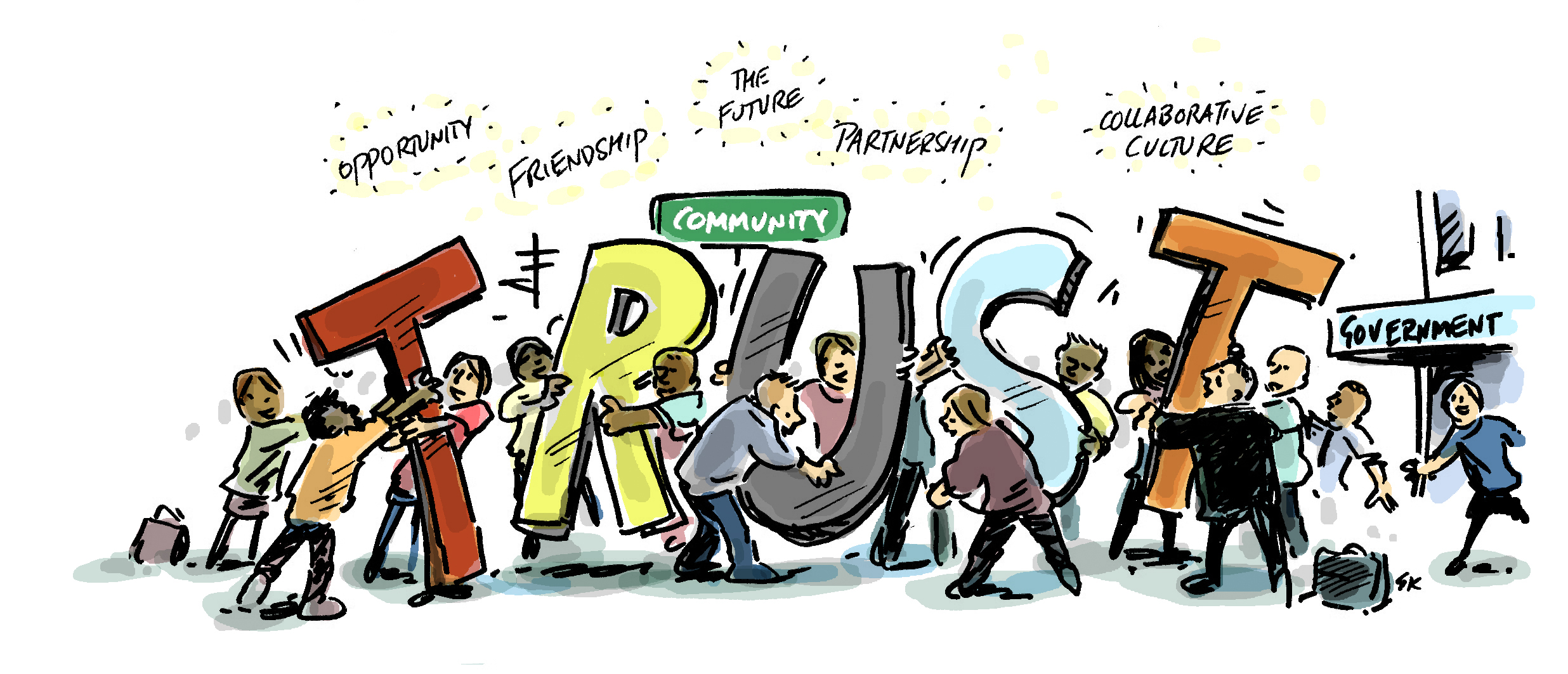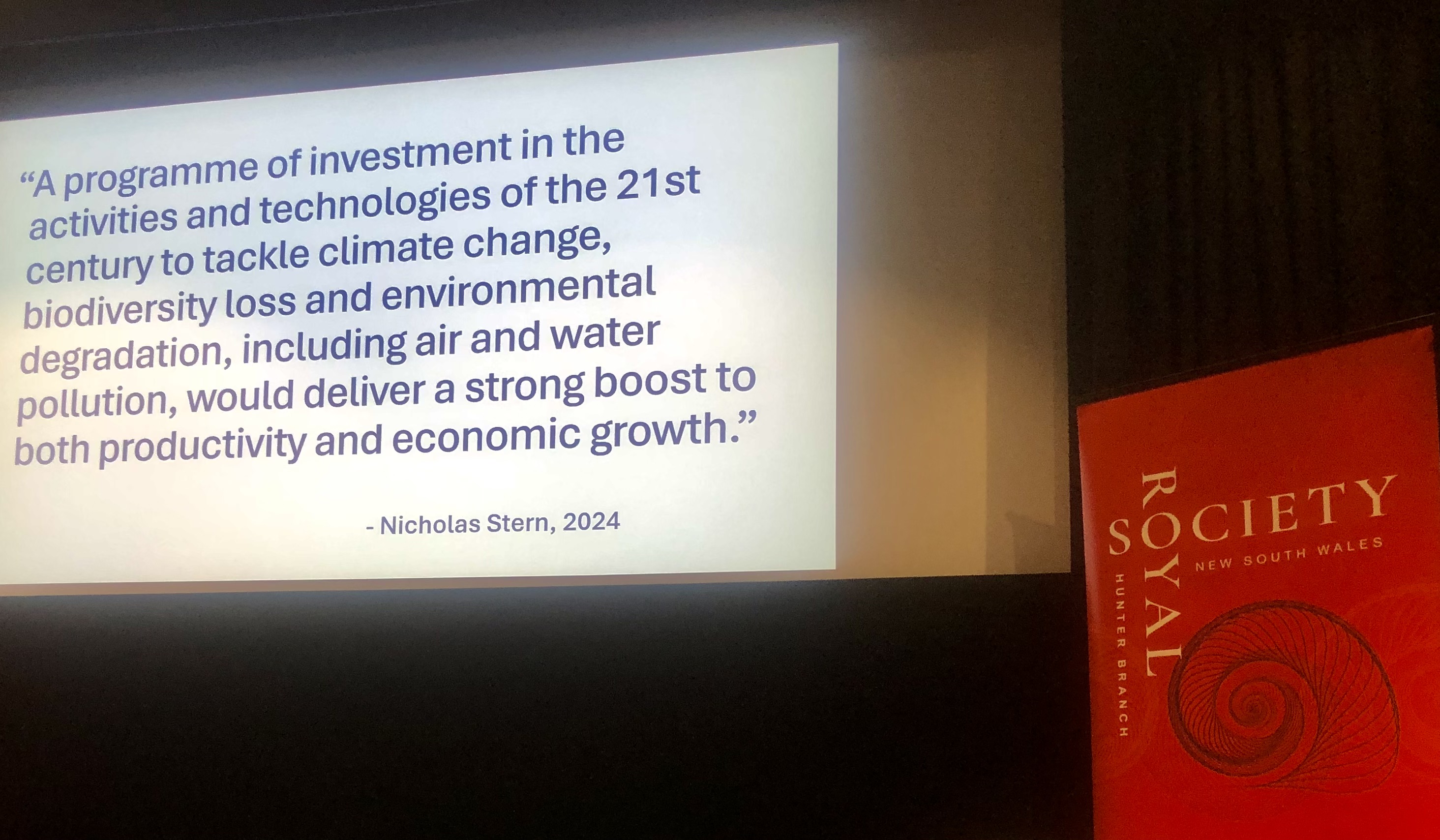Comments
An update on Citizens Juries:
The best outcome anywhere, and one that was seen to do the undo able, was the CJ that recommended the removal of the abortion ban from the Irish Constitution. In 2018 a referendum successfully achieved this.
The French recently had a successful CJ on climate change action.
In Australia there have been a number of successful CJs run by local government on revenue raising, services and strategy. SA ran a very significant CJ that recommended against the state setting up a long term storage facility for nuclear waste.
Although not a CJ, New Zealand ran an interesting and open process directed at engaging the citizens in evaluating their options for tax and social benefits changes. When one of the options emerged from the discourse with majority support from the citizens the government adopted and implemented the approach.
The key learning is ‘deliberative democracy’ implemented well is an effective way to address challenging or controversial issues and find a common good way forward for governments to implement - and build trust that they listen to and respect the whole community.
A CJ on Australia's plan for action on climate change would be so valuable! I understand the purpose of a CJ and it makes sense for political issues, but it also makes sense for politicans to canvass the opinions of their electorate - this would help with transparency and trust in politicians. I am advocating for assisted dying laws in NSW, and there are many members who will not canvass their electorate. I strongly believe that issues like these should not be based on a politician's own personal opinion. For federal issues like this, I could see a CJ being very useful.
Good point Samantha! The post below by our Climate Editor lists what he believes needs to be done. Maybe you can include your comment on his post and we can get some cooperation going.....
https://www.ideaspies.com/posts/an-australian-climate-action-pathway
I agree Sam.
A CJ would help bring the community to think through the many trade-offs that will be needed in putting in place reduced emissions, reliable energy and adaptive strategies for a changing climate.
At the moment the general public in most countries, including Australia, think that the trade-offs are minor. The truth is that there will need to be considerable behavioural change by all (simplified and less consumption) and significant economic dislocation (industries, employment and $ costs) in the near term.
Longer-term, history suggests that communities will adapt to new realities of life and reap the benefit of technological innovation.



 IdeaSpies
IdeaSpies

 Jonathan Chrimes
Jonathan Chrimes

